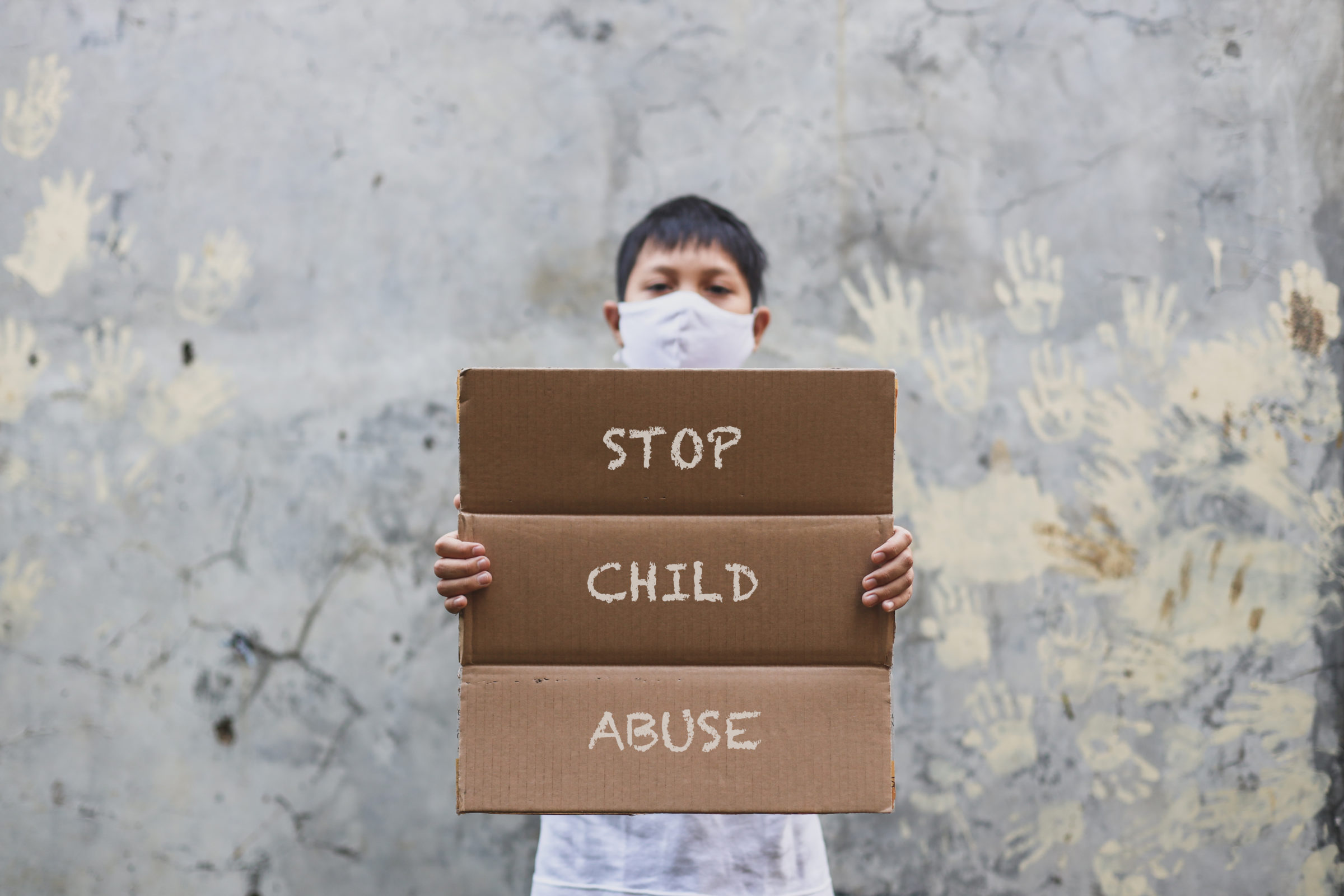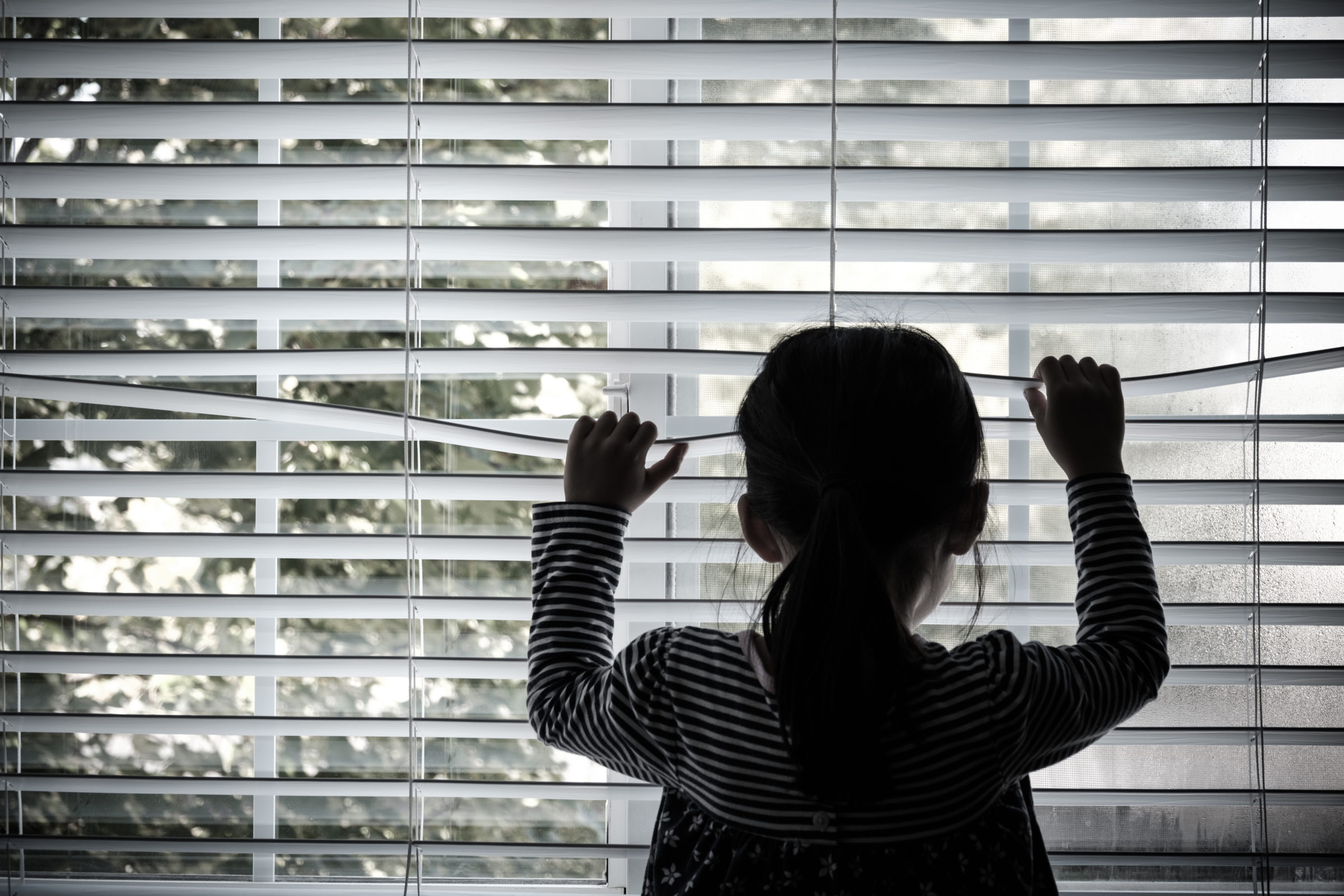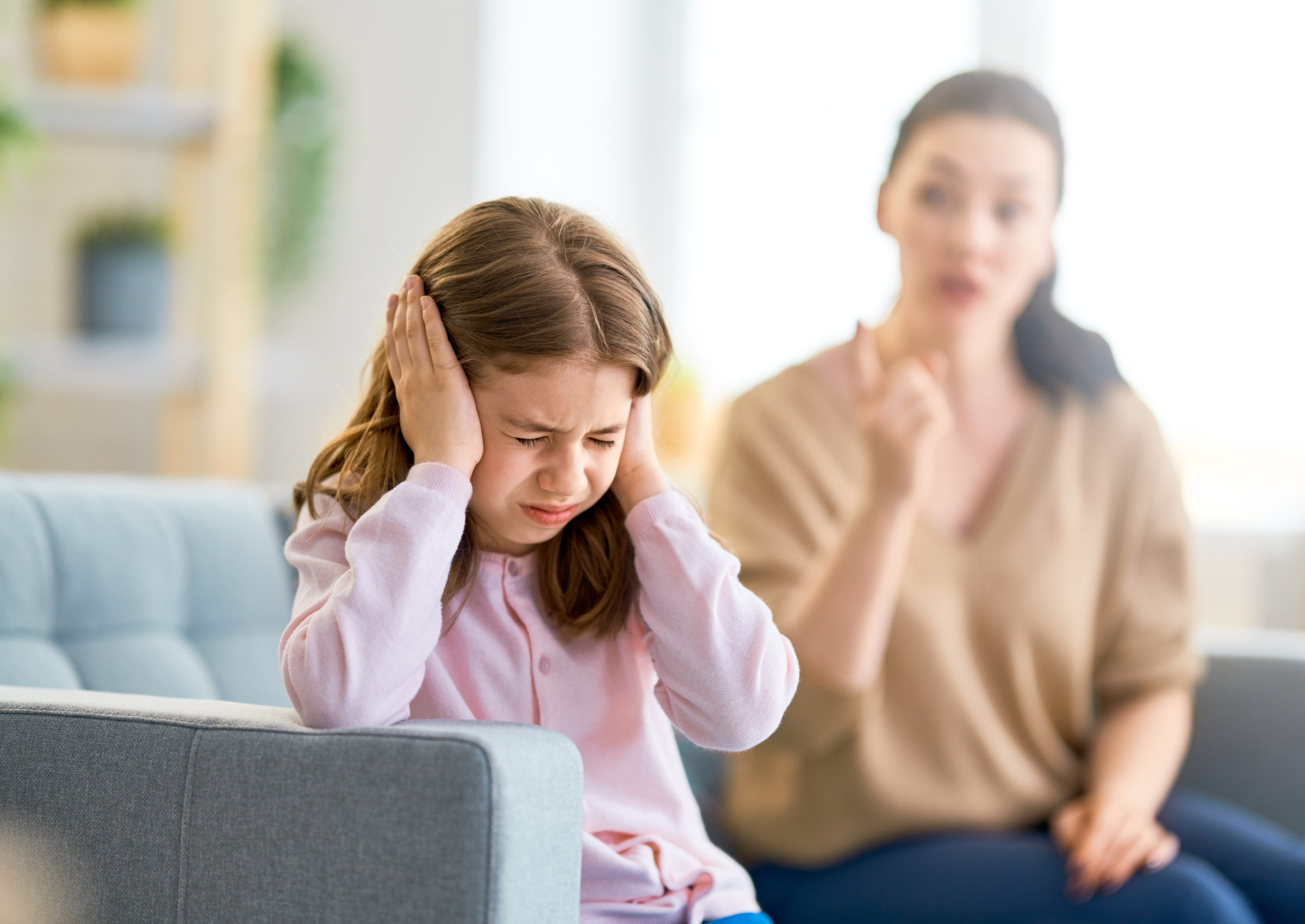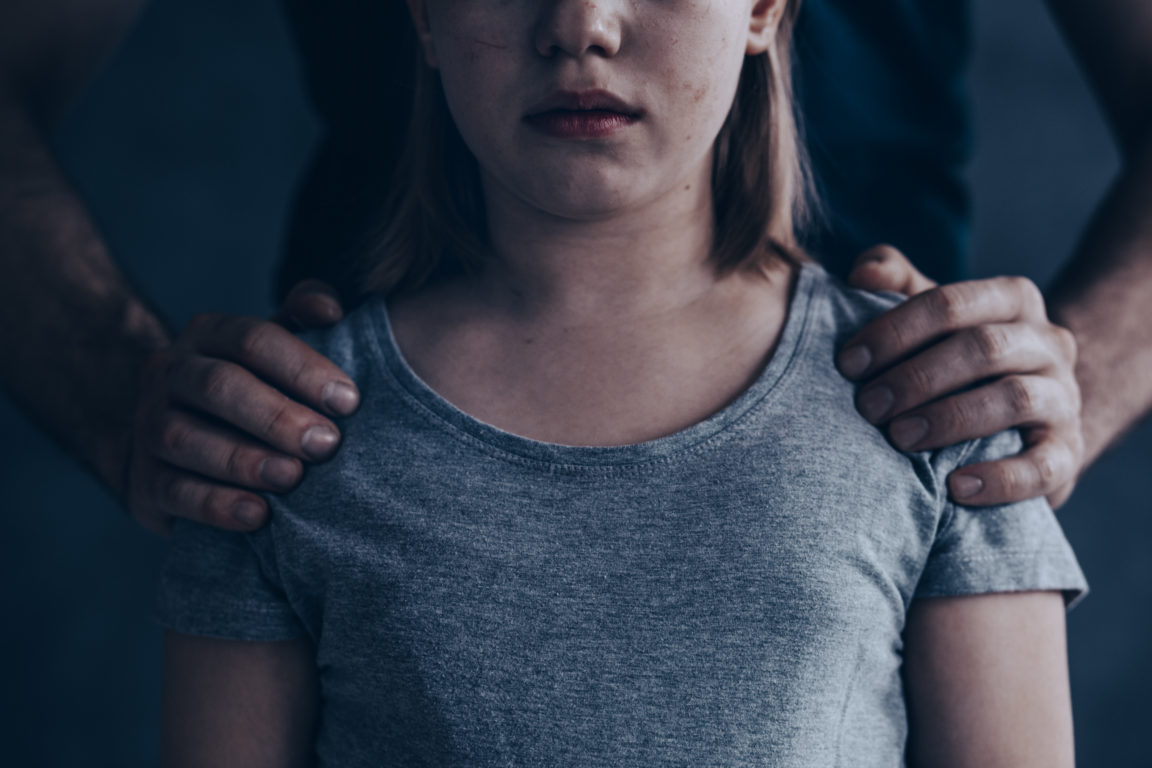Children are the most vulnerable members of any society. It is our job to nurture them and help them flourish. Unfortunately, we live in a world where child predators exist. We also live in a world where their families abuse children. There are numerous cases in which child abuse may escalate into murder. In such cases, the lawmakers of any society must come together and protect them. Healthcare professionals can also administer care and support to children. They’re trained specialists who can identify signs and symptoms of abuse in a child. If a child is going through abuse, the system can come together to help them get away from the source of danger if a child comes in for help. Here’s how professionals can play their part:
Have A Child Abuse Code
Children who are victims of abuse should seek out a code enforcement officer or someone from child protective services. These professionals will be able to help with medical attention, emergency housing, and more if you report the incident properly within 24 hours after it takes place!
The purpose of the code is to alert authorities if you see a child getting assaulted. Suppose you witness a child with signs of withdrawing, such as cowering and whimpering; you should inform authorities. You can even include the guidelines in the hospital directory.
Authorities and professionals have a critical role in addressing such issues in public as healthcare professionals working in various settings such as hospitals or the development sector create an impact in many lives by going the extra mile. You can also become a part of the community health services or public health by honing your professional skills. The online masters of health administration program will provide you with everything you want for a smooth start. With this program, it’s never been easier to manage your practice and ultimately create the kind of impact you want to create in society.

Look For Signs Of Physical Assault
Children who’ve been physically assaulted carry physical injuries. These injuries are very different from accidents. When a child falls and hurts themselves, the marks are light and consist of mainly scrapes. However, physical abuse is more impactful, and the injuries are profound and sporadic.
In some cases, they are visible in areas such as the face and the neck. Signs can include deep bruises and scrapes that look like from a sharp object. Check the angle of the impact and see if they are visible on other body parts. You can even identify visible handprints. Start by treating wounds and then make sure the child has no infections, after which call in social services and get the child to safety.
Recognize Sexual Assault
Some children may have signs of sexual assault on them. After seeing signs of physical abuse on a child, you need to check how far they extend. Before you can inspect sexual abuse, you need to make sure you don’t frighten the child. Reassure the child you’re here to help and mean no harm. Ask them if they could remove their undergarments and shorts and provide them with a hospital gown to give them a form of protection.
Check for lacerations, bruises, and injuries. If you see fluid, you may need to swab it and take it to the lab for examination. Also, examine the child’s underwear to see any signs of body fluid. When you are sure the child has been sexually abused, get them into counseling. It would help if you informed a child psychologist to step in and help the child. Also, tell the authorities and get an investigation started on the cases of abuse if the parents are bringing in their child, guide them on handling sexual abuse, and how to take care of their child.

Signs Of Emotional Abuse
Children who have been emotionally abused show certain signs and symptoms, such as being withdrawn, sad, and even scared. They’re hesitant to speak up and often start crying. In some cases, they’re trembling and may go into hysteria. Children are apprehensive about meeting strangers. However, an emotionally abused child may either shut you out entirely or try escaping. These children may also belittle themselves and try not to get you angry. If you see a child getting abused, you need to help them get better. While talking to them, crouch down or sit down to remove feelings of intimidation. Talk to them patiently and never belittle if they don’t understand you. Praise them for their bravery, as well as tell them you’re here to help. It would help if you invited a child psychologist to accompany you to help connect with the child. Help the child recognize reward and abuse. You may also want to give them space in their treatment. If the parents are abusing the child again, call the authorities to ensure they’re as far away from the child as possible.

Signs Of Neglect
Neglect covers everything a child is deprived of, including poor dental hygiene, lack of hygiene, education, and malnourishment. You should check the child’s mouth and observe any tartar buildup of plaque on the teeth. Check the child’s hair to see if you see the hair matting and even particles of dust. You may want to check for lice and nits. Weigh the child and take their height, and cross-check it with their age. They are not getting fed enough if they show prodding bones, fragile skin, and brittle nails. Also, please pay attention to the scabs and marks on their body. Make sure you put the child on artificial feed to help their weight. Nurses can help the child to clean up. Treat all their wounds and make sure to disinfect all older ones. Once again, you need to call in the authorities you need to help the child to safety. Calling leads starts an essential investigation.
Wrap Up
When children get abused, they start showing signs and symptoms of abuse. These include emotional, physical, and sexual. Children apart from carrying physical marks start withdrawing or hiding in fear. As a healthcare professional, make sure you treat all injuries and wounds without scaring the child. If the child is getting abused by their parents or a third person, call authorities.





